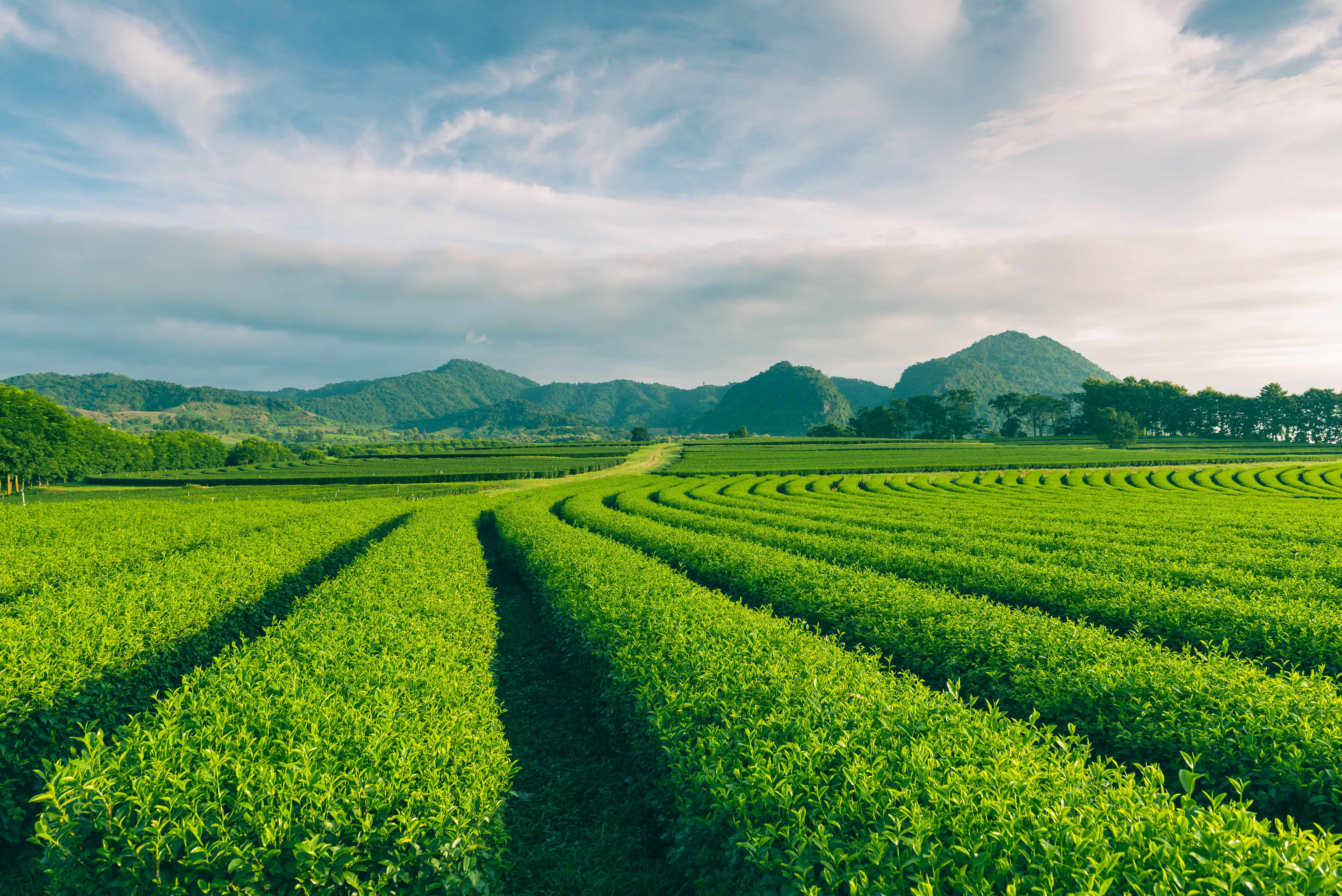Is there a bright future for food and beverage industry recruitment in Malaysia?
Malaysia is a diverse country made up of 13 states across two regions, each of which has its own distinct character: East Malaysia on the Borneo island and Peninsular Malaysia. Over the last half century, Malaysia has achieved impressive economic growth of approximately 6.5% GDP per year. The country’s economy has undergone a radical transformation; evolving from a dependence on mining an agriculture, to a wide range of diverse economic sectors.
So how does Malaysia’s food and beverage industry fit into this picture of economic growth? Although the country was severely impacted by the Covid-19 pandemic, thanks to a swift response by the Malaysian government, the economy appears to have weathered the storm, ensuring the food manufacturing and international trade sectors are facing significant problems.
In addition, over the last ten years or so, Malaysia has rightly earned something of a worldwide reputation as a haven for food lovers. As such, and as a result of the rapid development, growth and increasing diversity and quality, the country’s food manufacturing segment continues to perform well, resulting in steady demand for food and beverage industry recruitment in Malaysia.
Malaysia’s food and beverage industry: an overview
Over 8000 businesses make up Malaysia’s food and beverage industry, the majority of which are SMEs. However, multinationals do operate in Malaysia, with Nestle, Fraser & Neave, Dutch Lady and Yeo Hiap Seng all having production facilities in the country.
The Malaysian government and trade organisations are working hard to prepare the country’s SMEs for the demands of international trade, whilst the natural export market for many Malaysian food manufacturers is the Asia Pacific region.
Thanks to Malaysia’s culturally diverse and historically rich background, the country’s food sector is equally colourful. However, a number of important segments account for the majority of the food processing sector, including dairy, meat processing, fish and seafood, cereal and flour-based goods, palm oil, fruit and vegetables, beverages, chocolate and sweet confectioneries.
Meat, fish and seafood recruitment
Malaysia is one of the world’s biggest consumers of poultry products, with over 50kg consumed per capita every year. Beef products are in second place, however far less beef is consumed at just 6.5 kg per capita. The country’s different regions are widely served by poultry processing companies including Leong Hup International, Ayamas and CAB Cakaran Corp. Meat processing is less widespread, and the majority of beef is imported from Australia and New Zealand at the higher price segment and India at the lower price segment.
Malaysia’s seafood segment is export-oriented and fish, frozen and tinned prawns and surimi being the main products.
Dairy Recruitment
Although the majority of Malaysia’s dairy industry is dependent on imports of fresh milk, the country produces milk powder, sweetened condensed milk for export. In addition, ice cream, pasteurised fresh milk, yoghurt and fermented dairy products are also produced.
Palm oil production
Palm oil production is huge in Malaysia; so much so that it is the largest exporter and second largest producer in the world. Malaysia exports palm oil to India, China, the EU and Pakistan, however it is not only refined palm oil which the country trades, but also processed products such as palm olein and stearin, margarines and cocoa butter substitutes. The world is turning against palm oil consumption but despite this, palm oil accounts for the vast majority of cooking fat use in China and India, ensuring continued demand for Malaysia’s refined palm oil products.
Other products
Thanks to Malaysia’s favourable climate, the country’s farmers are able to grow a wide range of fruits which are produced for processing, such as mango, pineapple, jackfruit and rambutan. Beverage production continues to grow as a result of increasing and steady demand for natural fruit juice and juice-based drinks. In addition, although Malaysia is an Islamic country, wine exports are growing and beer is now produced.
Malaysia is also one of the world’s major cocoa processors with a healthy and diverse export market in chocolate products. The country exports its cocoa and related products to over 90 countries. The flour-based and cereal products sector is also strong and well established although it is remains dependent on imported raw materials. Bakery goods, biscuits and frozen pastries are amongst the main export products.
Food and beverage sector trends
As specialist food and beverage industry recruitment consultants in Malaysia, we have identified a number of trends which are driving the sector. New opportunities for businesses to prosper have been created by an acceleration in growth of e-commerce, kick-started by the Covid-19 pandemic. Positive sector growth is also likely as a result of government incentives designed to encourage investment in food manufacturing for the export and domestic markets.
We are also seeing shifting trends amongst Malaysian consumers, such as an increase in demand for healthy, low-calorie and sugar-free foods, whilst there has also been an increase in consumer interest in global food trends. Both of trends are encouraging new development and innovation in the food processing industry; a factor which is likely to drive increased demand for recruitment in a number of areas including product development, flavourings and seasoning, supply chain management and more.
Get in touch with Peak Recruitment – food and beverage industry recruiters in Malaysia
There’s a positive outlook ahead for food and beverage industry recruitment in Malaysia and if you would like advice on recruitment within the sector, please get in touch to speak to one of our team.
We have many years of experience in food and beverage recruitment in Malaysia and throughout the Asia Pacific region. We understand the challenges businesses and individuals face, but thanks to our industry-specific knowledge, we can help you navigate a rapidly developing market.

